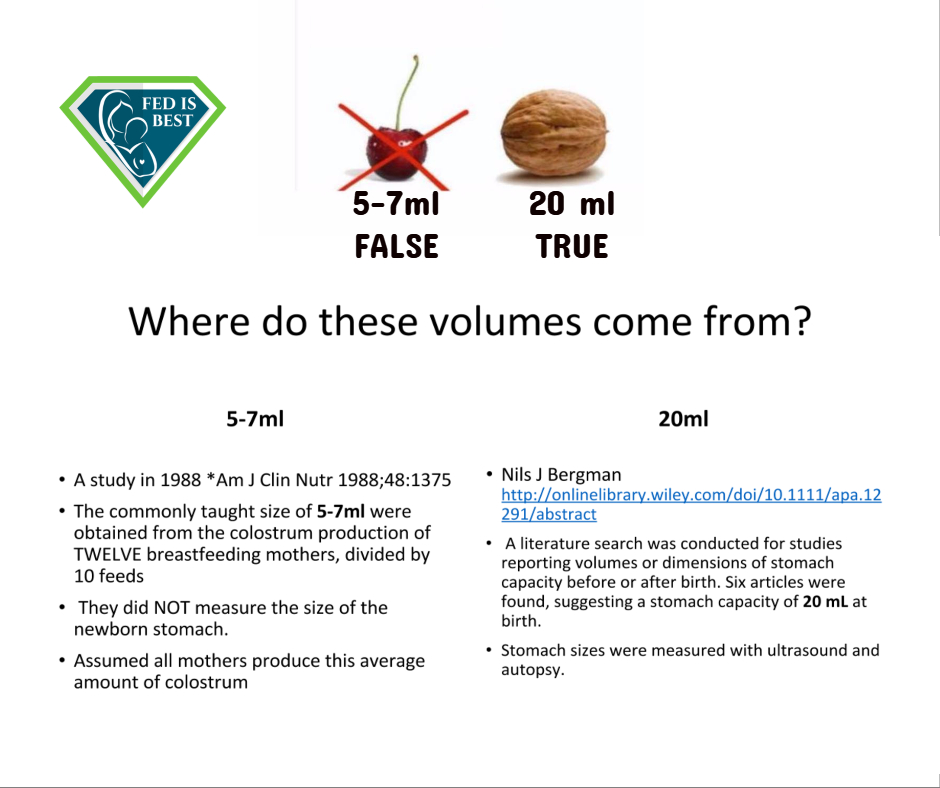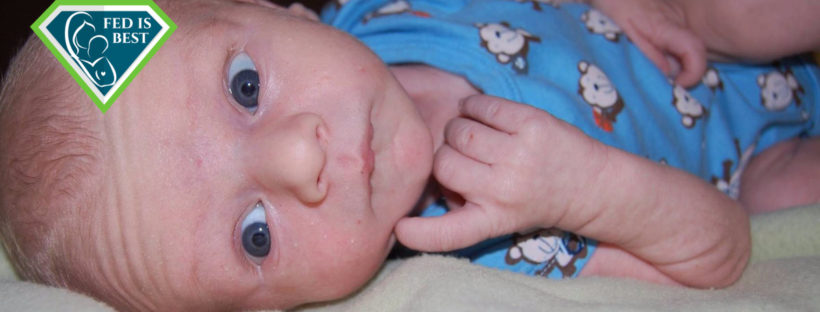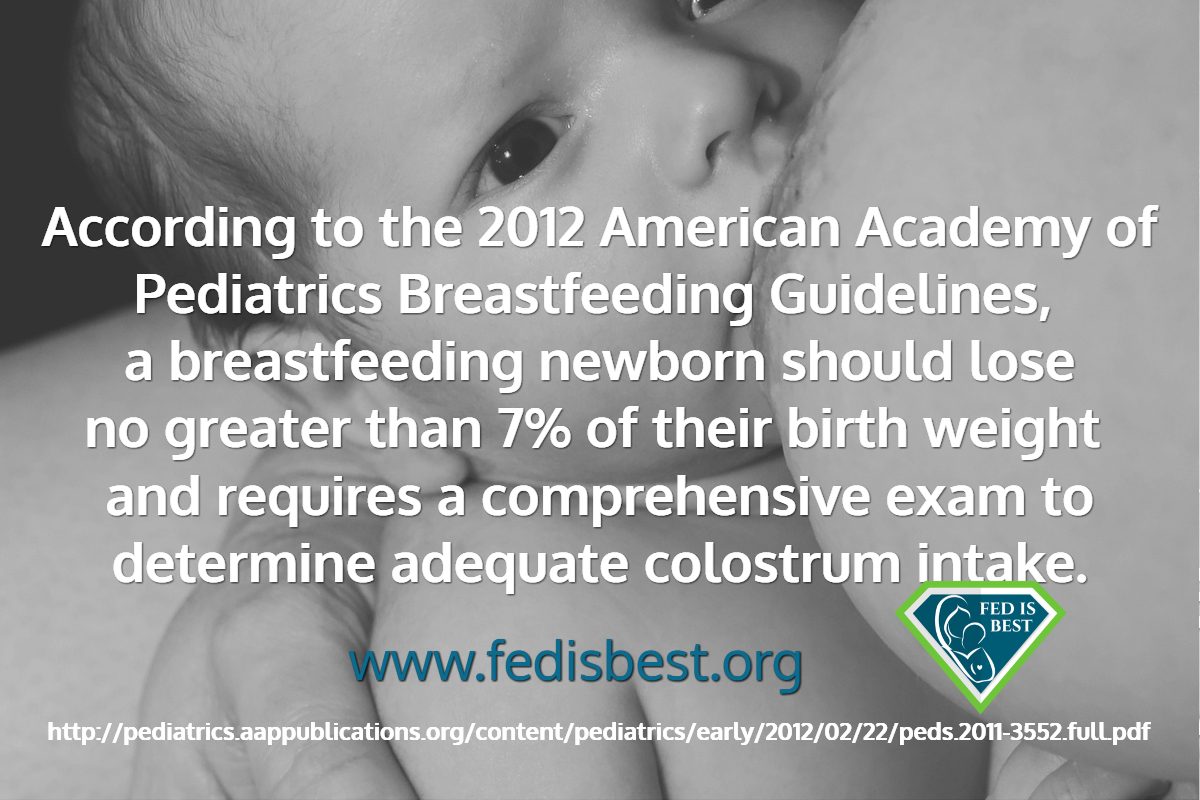My son, Harrison, was born 8 weeks ago at a Hospital in Fredericksburg, Va. He decided it was time to meet mom and dad two weeks before his due date and was born via C-section after 22 hours of labor. At birth he was 8 pounds 2 ounces and 21 1/2 inches long.
Before giving birth, my husband and I took every class the hospital offered. We took the two hour infant CPR class, nine hour childbirth class, three hour bringing home baby class, and three hour breastfeeding class. As first-time parents, we were filled with nervous excitement. Harrison is our miracle baby. I went through fertility treatments because PCOS and hyperthyroidism made it impossible for me to get pregnant without medical intervention.
After the unplanned C-section I was in no shape to help with Harrison’s care. The sweet nurses spent time with my husband and showed him how to diaper and swaddle. When it came time to breastfeed, Harrison latched right away and fell asleep soon after.
This continued for 12 hours and I started to become concerned. A lactation consultant was making the rounds and stopped in to check on us. I told her I didn’t think Harrison was actually eating or that I was producing anything. She specifically asked if I had PCOS and said that having that condition could affect my milk production. A few minutes later, she sent in another consultant to hook me up to a pump.
I pumped for 20 minutes and got droplets. The other consultant assured me this was enough to feed my eight pound baby. This was Thursday.
On Friday afternoon my husband left the hospital to install the car seat, set up the bassinet, and buy a few things at Target. I was left alone for the first time since Harrison’s birth. Harrison was born at 10:35 a.m. on Wednesday, so by midday on Friday he was really starting to get hungry. Knowing I wasn’t producing milk and that my baby hadn’t eaten, I started to cry—a lot. A nurse came in and asked what was going on. I explained that I didn’t think Harrison was getting any milk. She sent in a lactation consultant.
I asked the lactation consultant for formula to supplement, but she didn’t give me any. She said to keep trying to breastfeed because I was able to produce droplets the day before and she put me on a pumping regimen.

We left the hospital Saturday afternoon. Harrison was jaundiced and had lost 10% of his birth weight. He hadn’t eaten yet in his life and I still had no milk. We got home and I continued to breastfeed him every two hours. He’d latch, then fall asleep. My husband would try to wake him up and then hand him back to me to feed. The cycle would continue for an hour. Then we took an hour off and tried it again. At this point Harrison didn’t want to latch any more.



